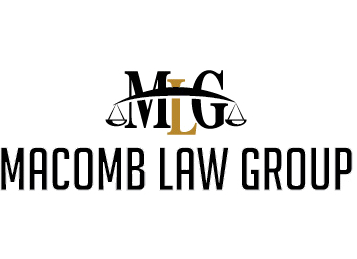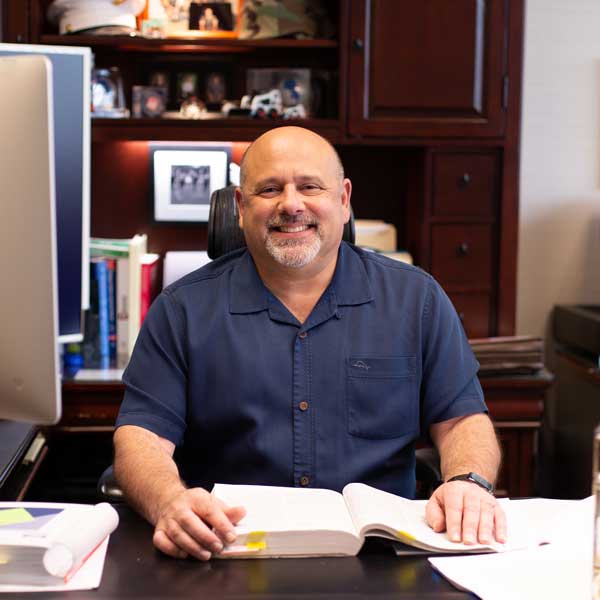Car manufacturers and tech companies are racing to put autonomous vehicles on Michigan roads. But could a lack of meaningful federal regulation and the unique blend of personal injury and product defect issues combine to put Michigan motorists at risk?
U.S. Congress Considers Autonomous Vehicle Regulation
The U.S. Senate is currently considering whether to adopt the American Vision for Safer Transportation through Revolutionary Technologies (AV START) Act, Senate Bill 1885. The bill was first proposed in September 2017, shortly after the U.S. House passed its version: The Safely Ensuring Lives Future Deployment and Research In Vehicle Evolution (SELF DRIVE) Act, H.R. 3388.
If the bill does become law, it will be the first federal regulation of autonomous vehicles. It will provide guidance to the National Highway Traffic Safety Administration (NHTSA) and other agencies charged with consumer safety, and will control what auto manufacturers need to do to get their driverless cars on the road and into the hands of consumers. But changes at the committee level and concerns raised by consumer safety advocates have left the bill sitting waiting for a vote.
NTSB Investigates Autonomous Vehicle Accidents
The proposed regulations come in the midst of a series of high-profile autonomous vehicle accidents. The National Transportation Safety Board (NTSB) is currently investigating seven different crashes:
- May 7, 2016, Williston, Florida: A Tesla Model S equipped with “Autopilot” drove full-speed into the side of a semi-truck.
- November 8, 2017, Las Vegas, Nevada: A driverless shuttle bus crashed on its first day of service.
- January 22, 2018, Culver City, California: A Tesla Model S with “Autopilot” hit the back of a fire truck at 65 mph.
- March 18, 2018, Tempe, Arizona: Uber’s self-driving vehicle struck a pedestrian walking a bicycle.
- March 23, 2018 Mountain View, California: A Tesla Model X with “Autopilot” killed its driver when it struck a safety barrier.
- May 8, 2018 Fort Lauderdale, Florida: A Tesla Model S crashed into a wall and caught fire killing two teenagers and injuring another.
- May 29, 2018 Laguna Beach, California: A Tesla Model S in “Autopilot” crashed into a police vehicle injuring the driver.
These investigations are still ongoing, but will likely show whether user error, product defect, or some combination of the two was the cause of the crash. If the autonomous vehicles are to blame, it could send auto makers back to the drawing board to create newer, safer versions of their driverless cars.
Lack of Regulation Creates Challenges for Motorists in Autonomous Vehicle Accidents
The problem is that without clear federal safety regulations for autonomous vehicles, it will be harder for injured motorists to prove their injuries were caused by a glitch in the machine. When a vehicle – smart or otherwise – fails to measure up to the safety standards set by federal law and regulating agencies like the National Highway Traffic Safety Administration, injured motorists can point to that standard to demonstrate that the vehicle, or its design was defective.
Without those safety regulations, each injured plaintiff must prove the product defective individually. This will almost always require hiring experts who testify about what the technical problem was, and how reasonable it is to expect the auto manufacturer to fix it.
These legal questions are common in a product defect case, like when a defective airbag causes injuries to a driver, but they aren’t usually part of a standard auto accident case. The added burden and expense could keep some injured motorists from receiving the full amount they need to make them whole after the crash, or even from filing suit at all. Those who do could face finger-pointing between the manufacturer and the owner of the autonomous vehicle over who is to blame for the crash, as well as claims that any fixes are unreasonably expensive, or unnecessary.
As the kinds of crashes the NTSB is investigating become more common, personal injury attorneys will need to be prepared to raise product defect claims along with the standard no-fault insurance and fault-based tort cases. It will take the same kind of innovation currently being used in development to build strong cases and get motorists injured by autonomous vehicle accidents the relief they deserve.
At Macomb Law Group, our auto accident injury attorneys stay on top of the latest laws and news about auto accidents. If you or a loved one have been seriously injured because of a defective vehicle, contact Macomb Law Group and get our team working for you.
Author
-

I began working in personal injury law more than 20 years ago, starting as a law clerk during my first year of law school at Wayne State University School of Law in Detroit. After passing the bar exam in 2002, I went on to become a partner at a series of law firms before opening the Macomb Law Group in 2017.
View all posts

